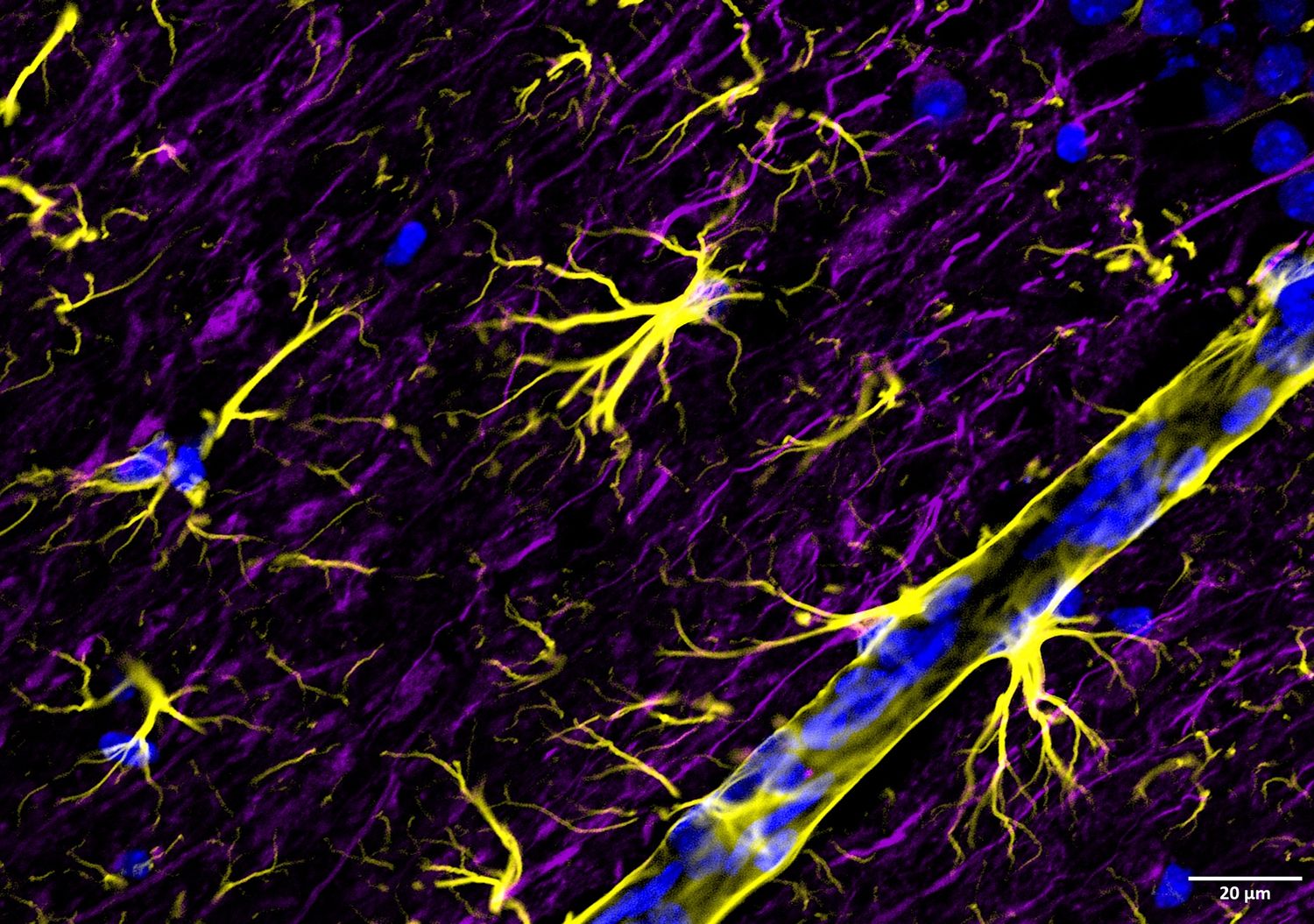
BioMedicine 2024


Dr. Brian MacVicar, PhD, FRSC, FCAHS Djavad Mowafaghian Centre for Brain Health, Faculty of Medicine, UBC

Dr. Steven Segal, PhDDept. Medical Pharmacology and Physiology & Dalton Cardiovascular Research Center, University of Missouri


Location
3rd Bannerman Brewing / 4th MUN / 5th Signal Hill Campus
St. John'sCanada
Contact us
If you have any questions, please contact adorward@mun.ca